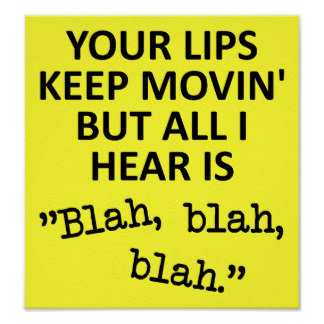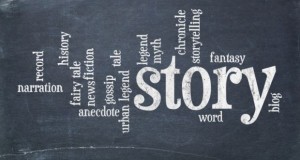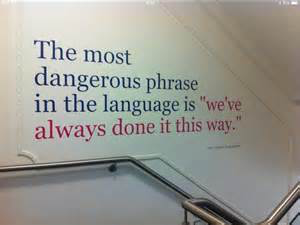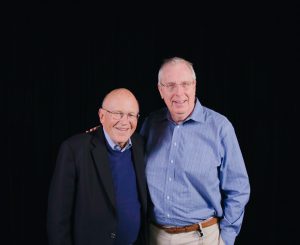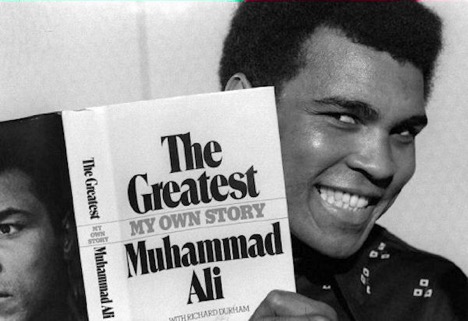Repetition is defined as “the act of doing or saying something again.” Flip on the radio and you’ll hear this constantly; this almost compulsive-sounding need to say something, then repeat it, like the listener is an idiot. (For a while, people were being COACHED to do this. Remember those double time checks? “Seven-fifteen, fifteen minutes after seven o’clock.” Ugh.) Redundancy is defined, for our purposes, as “the inclusion of more information than is necessary for communication.”
An example of this is “82 degrees and raining outside.”
“Outside?” Well, thank goodness. If it were raining INSIDE, that could lead to some pretty expensive roof work.
Recently, I heard a talent start a break with, “This is maybe the best example of ‘for better or worse’ that I’ve ever seen…” and then tell about a man who had been the President of a university in South Carolina, and how his wife of more than forty years, a woman named Muriel, had contracted Alzheimer’s.
Then, instead of going directly to the audio clip of the man making his announcement, he added, “This is his announcement to the university that he was resigning so that he could take care of Muriel…”
Then he played the audio clip of the announcement, which basically was just the man repeating everything the host had already said!
This break should have come with a “spoiler alert”. In the mind of the listener, it’s “been there; heard that.”
Here’s the lesson:
Repetition HURTS breaks. Redundancy KILLS them.
Radio – at least GREAT radio – is always about how concisely you can get things said. A good rule of thumb is “say things ONCE.” What you leave UNSAID is just as important as what you say.
– – – – – – –
Tommy Kramer
Talent Coach
214-632-3090 (iPhone)
e-mail: coachtommykramer@gmail.com
Member, Texas Radio Hall of Fame
© 2016 by Tommy Kramer. All rights reserved.


